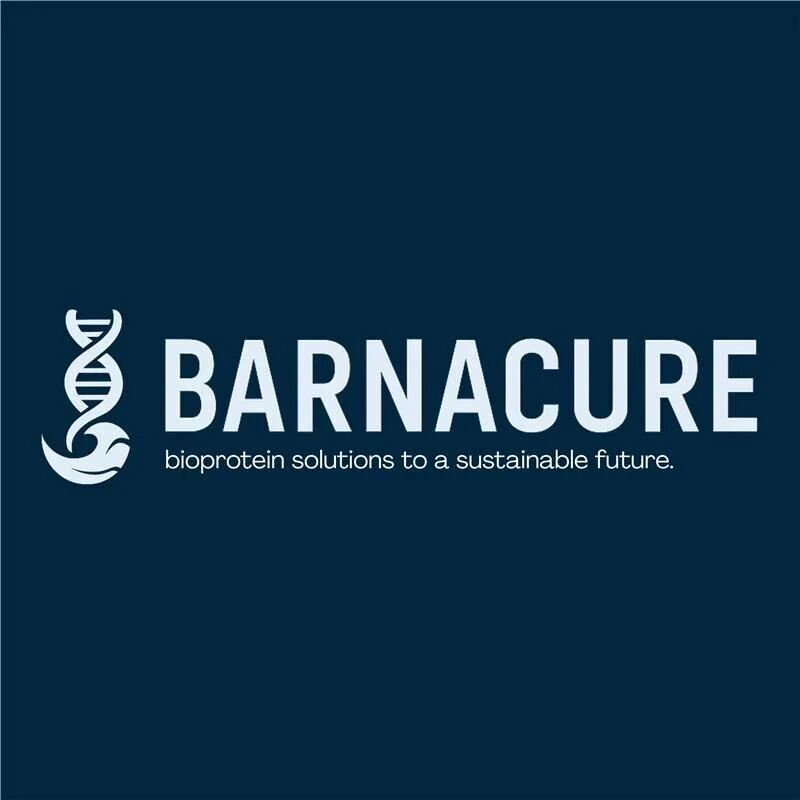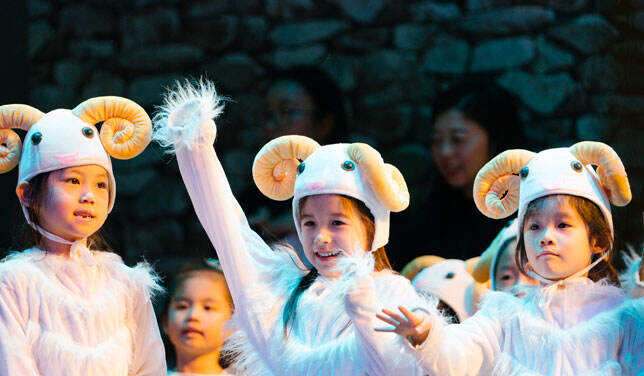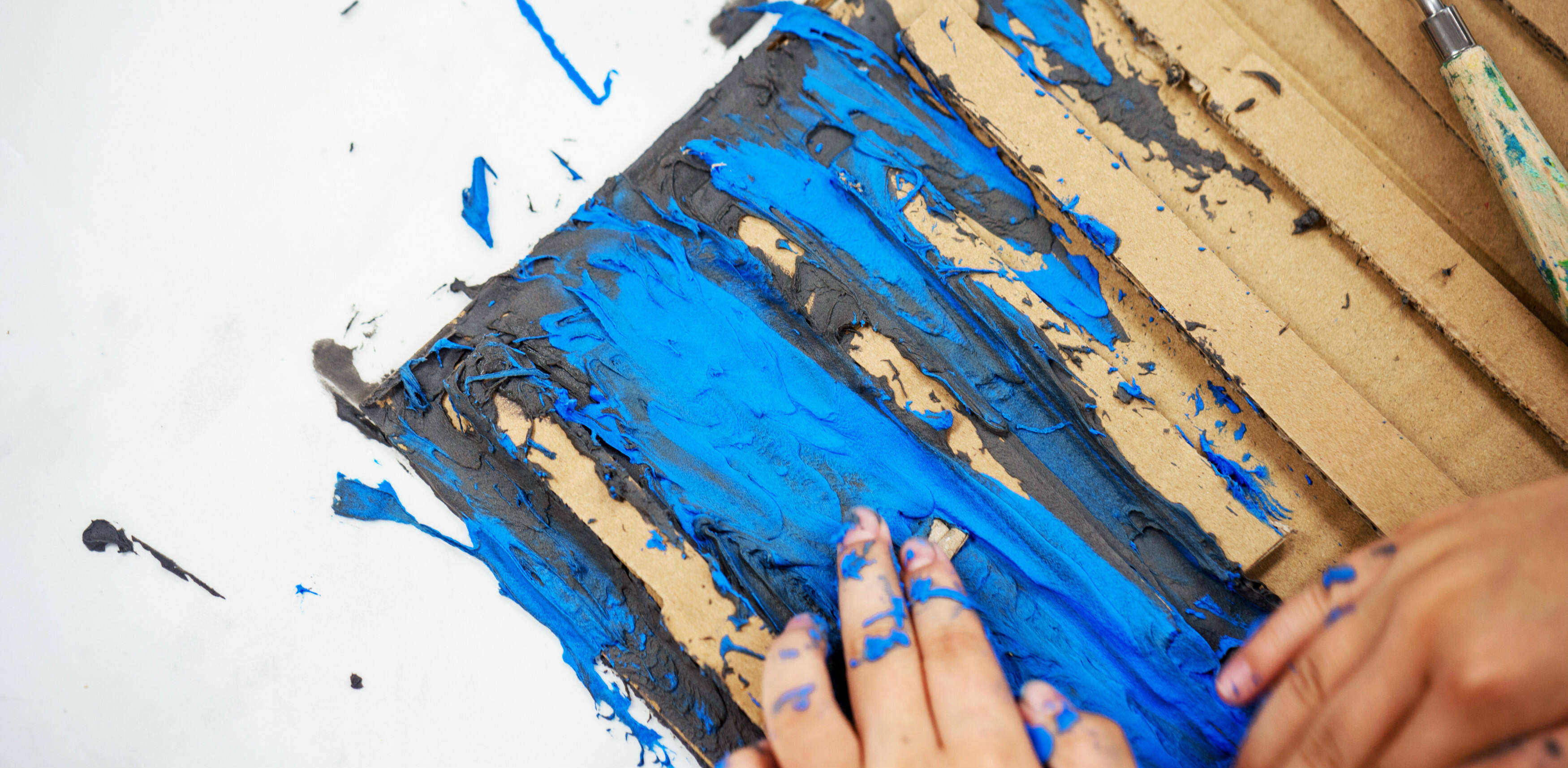We are Wellington | Academic Scholarship recipient Enya, year 12

The IB Diploma Programme is the culmination of Wellington College International Shanghai's Senior School curriculum. It challenges pupils and equips them for success at university and in their careers. More importantly, it broadens their horizons, teaching them the value of self-awareness and being an engaged citizen in the world. Year 12 pupil Enya is a recent transfer to Wellington. She arrived on Wellington's Academic Scholarship and is flourishing in the IB Diploma Programme. We sat down with her to learn about her experiences.
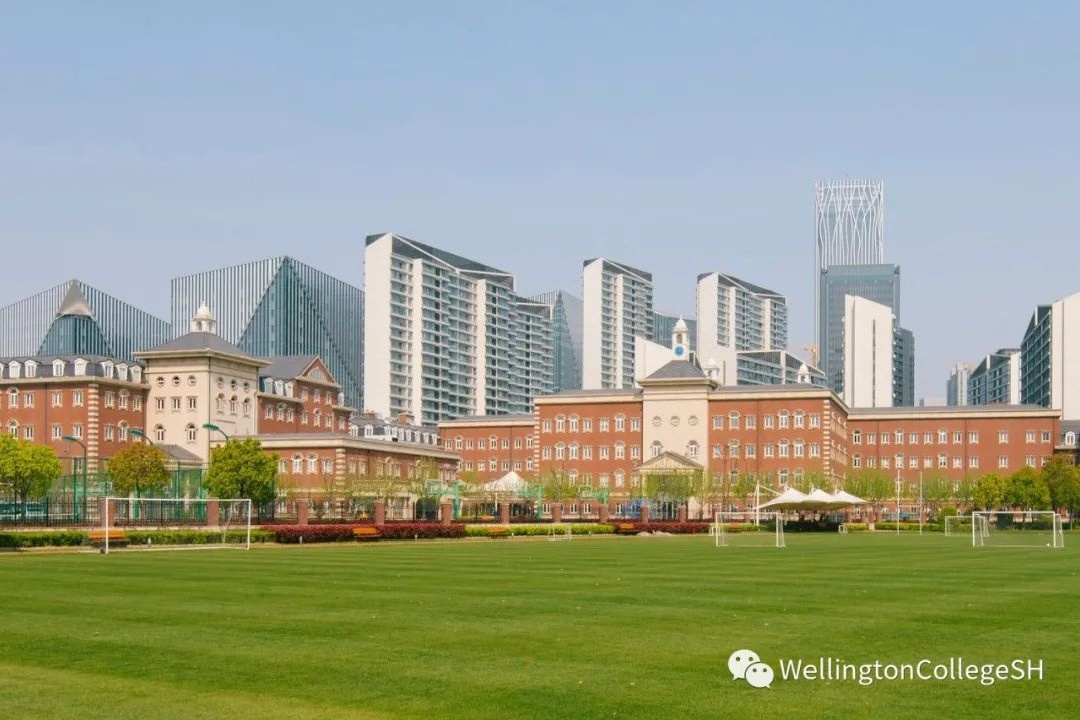
Switching schools at Enya's age is always a challenge, but, all things considered, she has enjoyed a fairly smooth transition both socially and academically. From a social perspective, Wellington's unique house system helped her to find her niche right away. "I really like the house system," she explains. "We didn't have this at my previous school. It has allowed me to bond with pupils in year groups other than my own. I get to interact with people who have different experiences from mine. A lot of the pupils in the lower years come to the IB pupils to ask for advice on what IGCSE subjects to take. It is very rewarding to feel like I can offer my advice and perspective. It feels good to help them out."
As for academics, Enya says she largely has the IB Programme to thank for a smooth transition. "It is roughly the same here. I feel like the IB Programme is designed so that when pupils move to another school, they can adjust very quickly," she says.
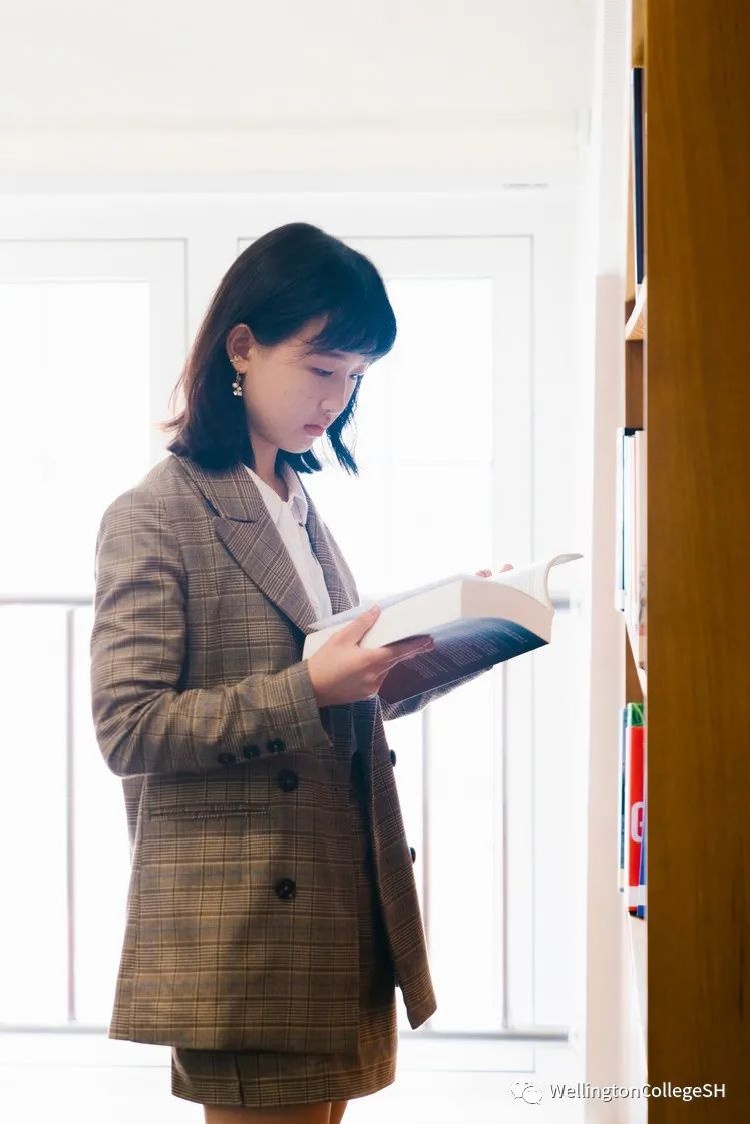
Since arriving at Wellington, she has hit the ground running, building strong study routines. She offers a brisk summary of her daily schedule. "Shortly after I arrive in the morning, I go to my house room, where we have a 20-minute morning session. I get to chat with my housemates, hear the morning announcements and start thinking about what I want to accomplish that day. Classes start at 8:30 am. I usually have two in the morning, and they last until 10:30 am. After that, I get a 30-minute break. I am usually in the library at this point, and if I am not preparing for my next class, I am just taking a few minutes to relax. Then, depending on the day, I usually have two more classes and a one-hour lunch break before I attend my afternoon classes. Once regular classes are done, I either go to the library for more prep time, or I have CCAs."
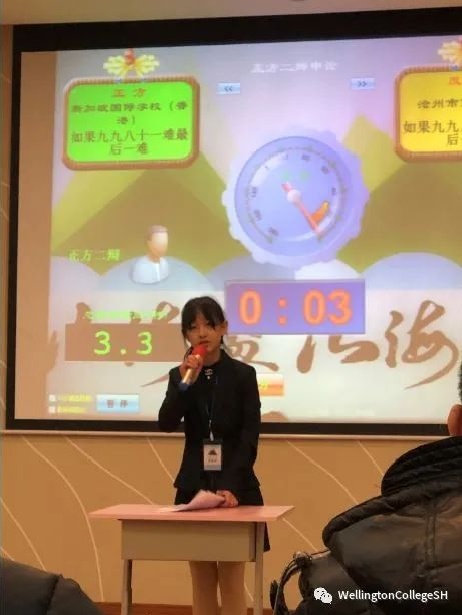
Enya's CCAs allow her to explore her interests and cultivate talents. "This year, I have been taking netball, political society and debate," she explains. In her political society class, she and her fellow pupils follow the news and discuss current events. This naturally dovetails with her debate CCA, in which she is learning about much more than arguing the issues. She says, "If debate has taught me anything, it is to be prepared. This means learning the subject and understanding it from as many viewpoints as possible. It also means being ready for things you cannot prepare for and knowing how to deal with them when they arise."
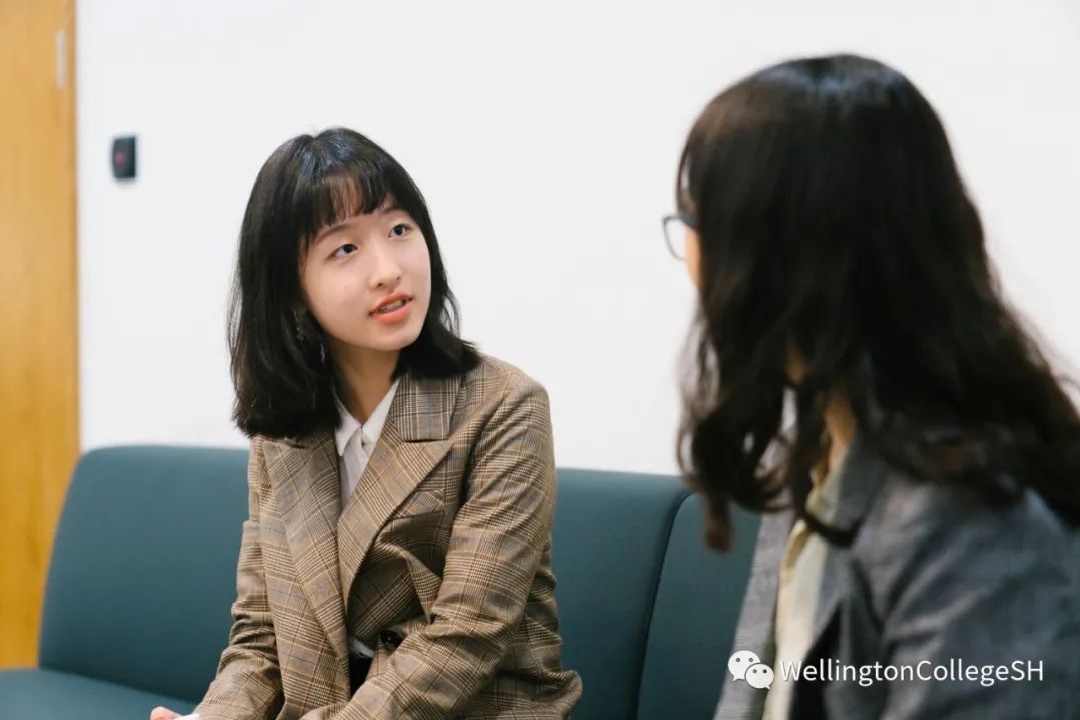
Such lessons are serving Enya well in her IB studies. Part of being prepared also means managing one's time. "We have enough time to complete our homework assignments, but if you are not careful, the workload can pile up on you quite quickly," she says. "This is why I always break my work up into lots of smaller, easier tasks. So, for instance, if I have an essay due in two weeks, I might set a goal to finish my research after three days. Then I might complete my introductory paragraph by the end of the week. Then, the following week, I will start writing drafts. By the time I reach my deadline, I will have completed my work without ever feeling rushed. No one ever does good work when they feel rushed."
Enya has found the IB Programme to be enriching in several other ways as well. She finds the TOK (theory of knowledge) portion of the programme particularly interesting. "It forces us to learn about why people think the way they think and how they acquire knowledge. Most of the time, we do not consider questions like these. We just take these things for granted," she explains.
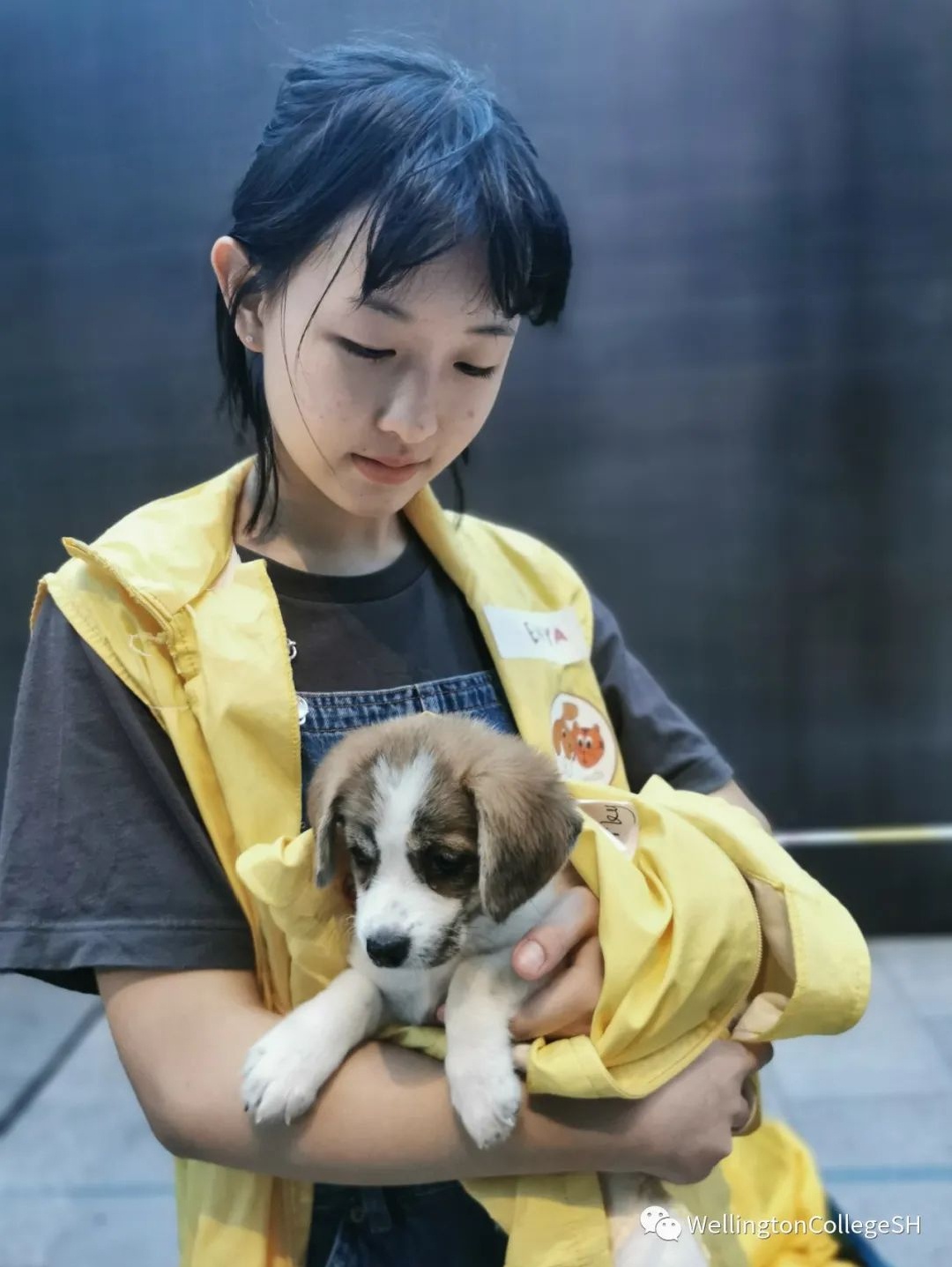
The IB Programme has also compelled Enya to explore the world outside the curriculum and beyond the classroom. Notably, she has become more engaged in her community. "I am volunteering for an animal rescue organization. I had never considered doing something like this before," she says. "At first, I was just finding something to fulfil my creativity, activity, service (CAS) requirement, but when I actually started doing the work, it became very meaningful to me."
Similarly, the extended essay (EE) requirement has compelled Enya to explore a public policy that has directly affected her family. "I am going to study the effects of Shanghai's vehicle purchase regulations. There are several regulations on the kinds of cars you can purchase here. They are intended to limit the number of private vehicles on the streets and to encourage the use of public transport, but I still see the traffic jams, so I am not so sure how effective the policy is. I thought this would be an interesting topic to explore."
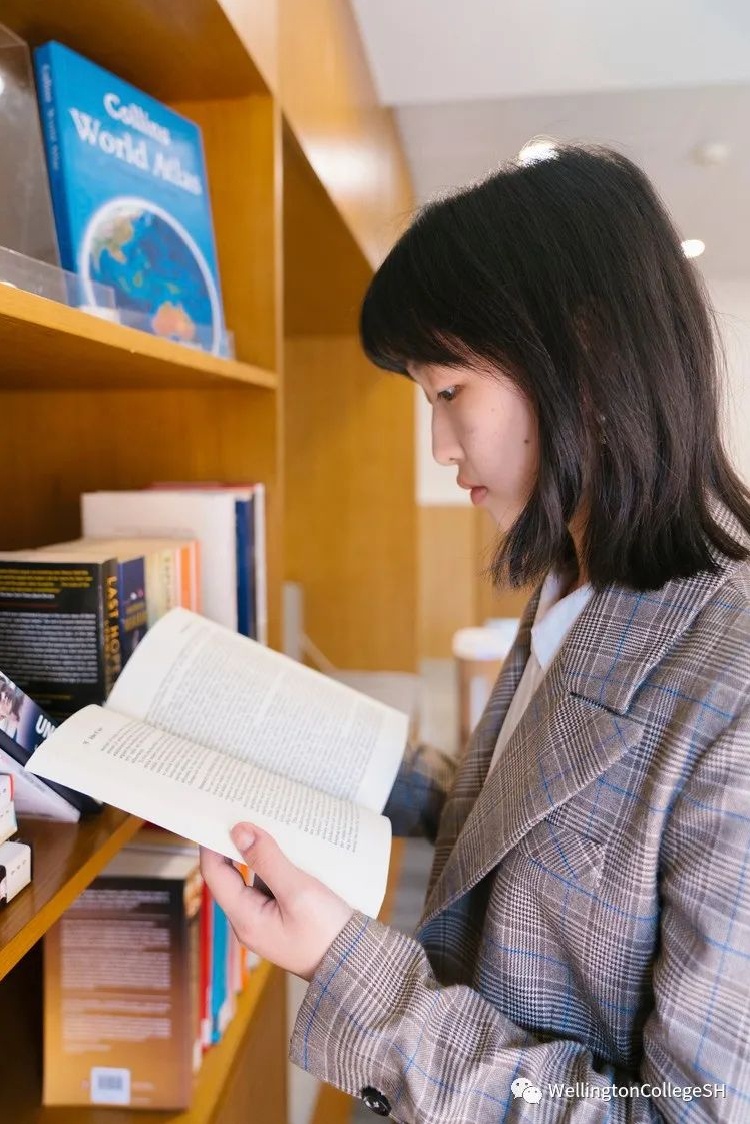
Enya also feels that the IB Programme is preparing her for life beyond Wellington. Her key subjects are Chinese A, English A and history, all of which require a lot of writing and research. "It teaches me how to do academic research and writing, which I think will give me an edge when I get to university," she says.
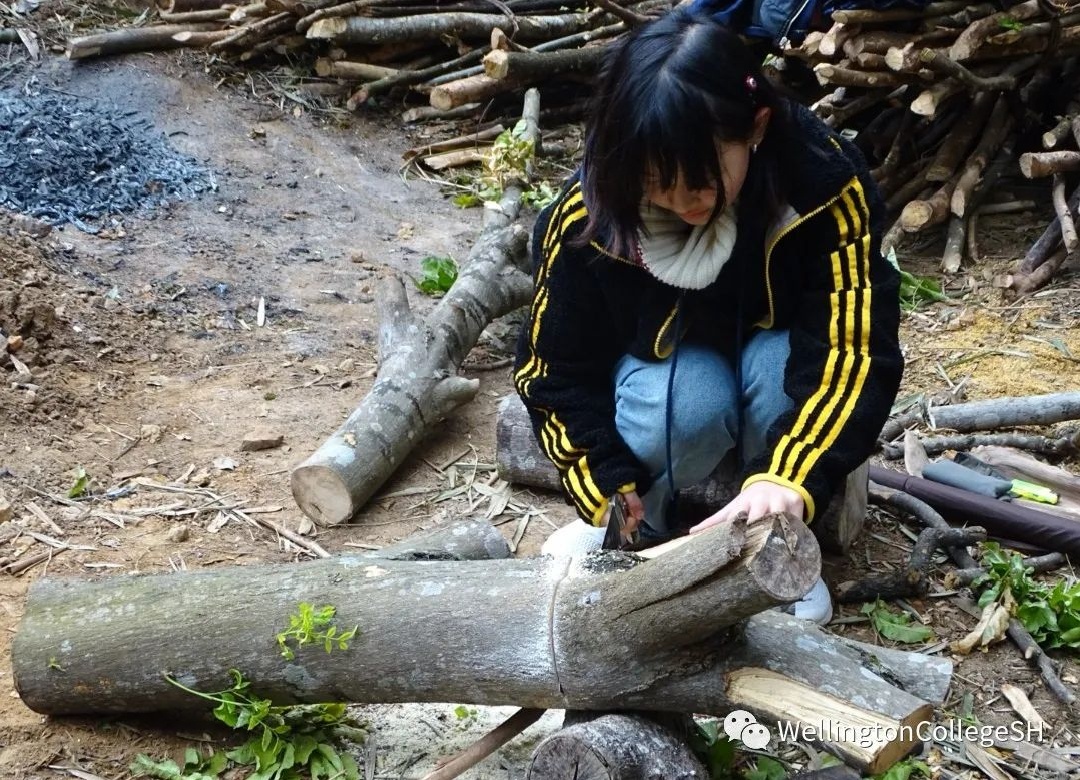
Nevertheless, Enya recognises that she is also gaining life skills that will benefit her long after she graduates from university, key among them: self-reliance. "Right now, I have the benefit of teachers who supervise me on my work and help me see it through. But I will not always have someone to constantly push me to get my work done. Eventually, it will all be up to me."
Wellington is now accepting applications for the 2021-22 academic year. To learn more about how to apply, please scan the QR code below.
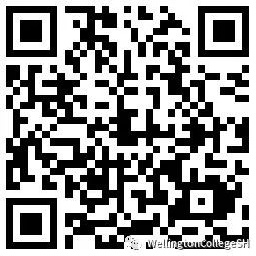
相关资讯

